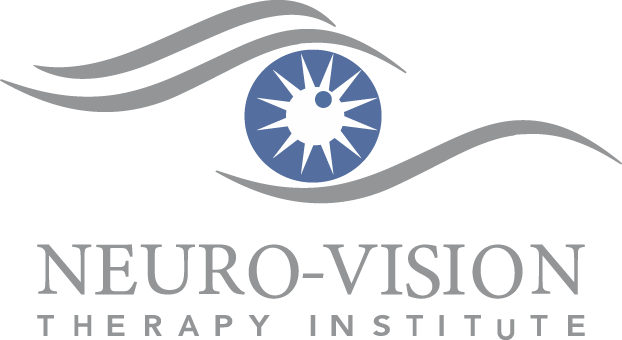While it can be an exciting discovery that symptoms may be caused by a treatable vision problem, knowing where to get started with vision therapy can seem overwhelming. Vision Therapy is one of many tools used by Neuro-Optometrists, and is recommended only after a series of tests arrive at a clear diagnosis and treatment plan. This page includes information about how to get started with vision therapy, when vision therapy is recommended, and how a vision therapy treatment plan typically works. While our website offers a wealth of information, many of our patients find it’s easiest to pick up the phone and contact us directly to simplify the process.
What To Expect
Our Simple 7 Step Vision Therapy Process
01 Learn and Educate
Whether you’re new to vision therapy or have previously received treatment, chances are you have questions. Our website provides helpful tools and resources, and our well-trained staff are just a phone call away with the support you need to make an informed decision. By learning a little bit about your specific situation, we can help provide you with information about how we can help. Don’t hesitate to contact us and allow us to talk you through the steps below.
02 Retrieve Records and Research
In advance of your first in-office visit, we’ll work with you to gather information about your medical and vision history, along with requesting related records from recent visits with other medical practitioners. This allows Dr. Talaber to start researching your situation and prepare for your appointments before you ever walk in the front door. Many practices skip this critical opportunity to customize a patient’s exams and evaluations to their circumstances and symptoms.
03 Schedule Eye Exam
Your first in-office appointment is typically a 1-hour visit we often refer to as a Comprehensive or Routine Eye Exam. It is designed to make sure your eyes are healthy and to update glasses or contact prescriptions. This exam often includes dilating your eyes so we can confirm eye health, especially when there has been an event such as a traumatic brain injury or concussion. In many cases we can accept a Routine Eye Exam from a Primary Care Optometrist or Ophthalmologist that occurred in the last 12 months, allowing the first visit to be a Neuro-Vision Evaluation.
04 Neuro Vision Evaluation
Typically, your 2nd appointment is a 2.5-hour visit called a Neuro-Vision Evaluation. We go far beyond traditional eye exams by using up to 35 different tests to measure how your eyes work individually, together and how the brain and eyes communicate. That provides us with a holistic picture of your vision and processing, allowing us to diagnose your condition and recommend a treatment plan.
05 Review Results
Usually, within one week of your Neuro-Vision Evaluation, we’ll schedule a 45 to 60minute virtual appointment with your doctor to review your results, provide a diagnosis, and explain the recommended strategy for treatment. This plan could range from something as simple as a special glasses prescription to a recommendation to start a vision therapy program. Your doctor will answer any questions you have at this point and work with you to ensure you understand your plan and helps you achieve your vision goals.
06 Start Vision Therapy
Vision Therapy sessions are 45-minute, one-on-one appointments with a Vision Therapist. Based on the treatment plan managed by Dr. Talaber, the Vision Therapist will work with you on techniques specifically designed to improve the areas of your vision that were identified as problematic. Vision Therapy sessions typically occur once or twice a week in the office, and are reinforced with at-home vision therapy. As you might suspect, our patients who do their home vision activities tend to experience the fastest results. We also offer Telehealth Vision Therapy for those patients who are unable to come into the office in person.
07 Evaluate Progress and Graduation
After a predetermined number of vision therapy sessions, you’ll meet with your doctor to evaluate your progress and ensure you’re on track with your goals and expectations. Your doctor will conduct a series of tests similar to those done at the Neuro Vision Evaluation to compare results, measure progress and update the treatment plan. Based on your progress, she will also determine if you should continue with additional Vision Therapy sessions, or if you’re ready to graduate. Even after graduation, we check in on our patients periodically to make sure the visual gains remain stable.

